Filter on
human behavior research categories
![10 reasons why AV tool Viso is beneficial for video feedback [INFOGRAPHIC] viso-tool-for-effective-video-feedback](https://www.noldus.com/static/images/core-blog/viso-tool-for-effective-video-feedback-1652087336.jpg)
10 reasons why AV tool Viso is beneficial for video feedback [INFOGRAPHIC]
Receiving real and honest feedback can be considered as a main source of learning. It will help evaluate your own learning process and identify gaps, which results in better achievements.

The relevance of emotions on the evaluation of a transactional website
A UX test is a method of evaluating a product or service by having users test it. Researchers studied how emotions influence opinions about a website by conducting UX tests.

Top 5 Consumer behavior research on the Behavioral Research Blog
Observational research is becoming more and more popular in consumer science and market research. From on-site behavioral observations in supermarkets to advanced multimodal lab studies.

3 Examples of eye tracking lab set-ups
Can you imagine, in the 19th century the study of eye movements for instance was done by means of direct observations? Luckily, nowadays eye tracking can easily be automated.

Designing a behavioral coding scheme to identify complex trauma
In order to contribute to the development of diagnostic tools and a better understanding of the effects of complex trauma, Ana Granados and her team proposed a new coding scheme and tested its validity.

6 reasons to go to the Measuring Behavior conference
Not sure if you want to go to MB2022? Read on...
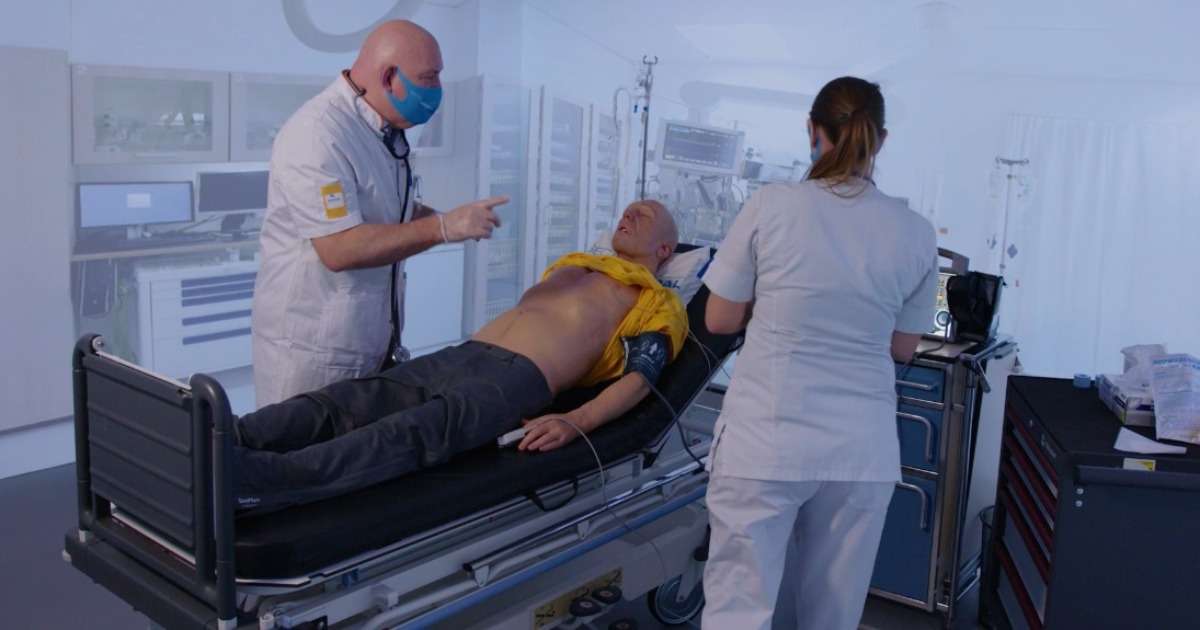
What is simulation-based training?
Simulation-based training provides learners with an opportunity to test out different scenarios to see what works and to understand how they arrived at the right and wrong answers.

7 ways to continue your research from home
We have gathered lots of ideas and ways to facilitate working from home and to continue research projects. In this blog post, we will list these seven approaches for you.

Unobtrusive observations
Would you like to learn more about how to build an AudioVisual lab? Check out this ‘how to’ guide! Read tips & tricks to learn more!
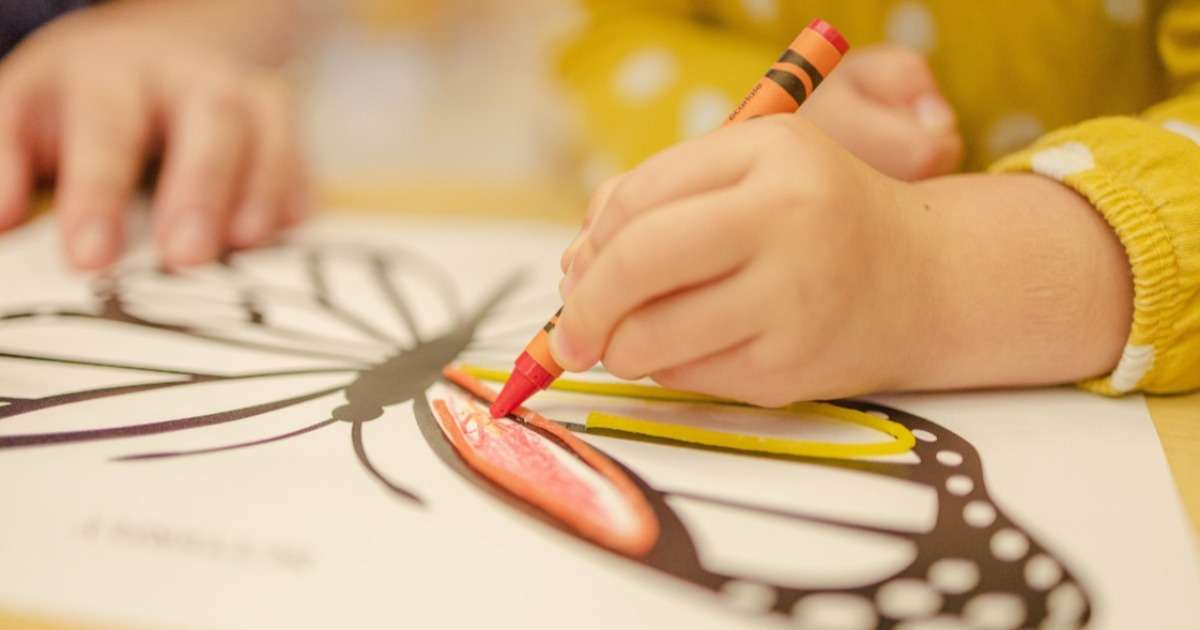
Early infant behavior development of hand preference
There are many reasons to study the development of hand preference in infants. For one thing, being left-handed can be an advantage in one-on-one sports such as tennis.
Filter on
animal behavior research categories

Behavioral research shows how elephants like their new habitat at the Oregon Zoo
The elephants at the Oregon Zoo got a new and improved place to live. This 4-year study described in detail how the animals adapted and liked the new features of their habitat.

Citizen science in research: studying contaminated drinking water with zebrafish
Local residents, students and scientists joined forces to investigate harmful contaminants in drinking water wells in New England. Behavioral effects of these contaminants were studied in zebrafish.

Advancing the novel object test: 3D printing and deep learning
To improve standardisation and consistency in the novel object test, Spry et al designed the 'CapTouch' system: capacative objects that can automatically register interaction. But what about deep learning in EthoVision XT?

Using the Observer XT to measure aggressive behavior in Dolphins
The Observer XT is often used in the field to score complex ethograms. This blog touches upon a study of the 'Wild Dolphin Project' that investigates aggresive behavior between two species of dolphins.
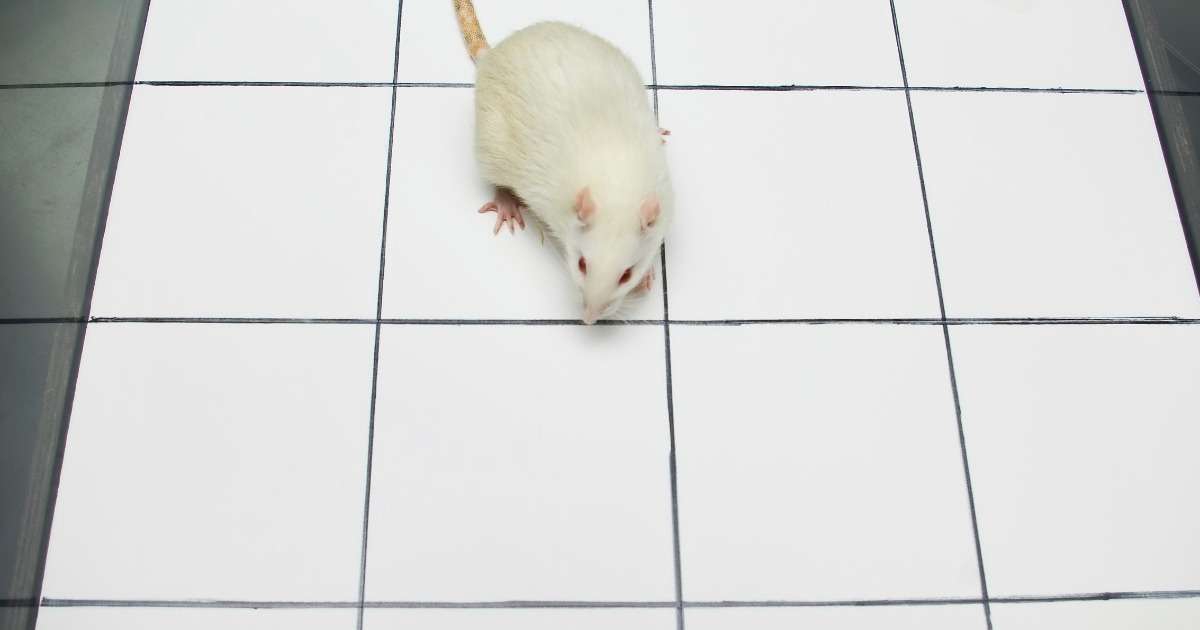
The open field test: A staple in behavioral batteries
The open field test is a locomotor, exploratory and/or anxiety test. Can we measure all these behaviors in a simple enclosed arena? This is exactly what we talk about in this blog, and the discussion surrounding this.
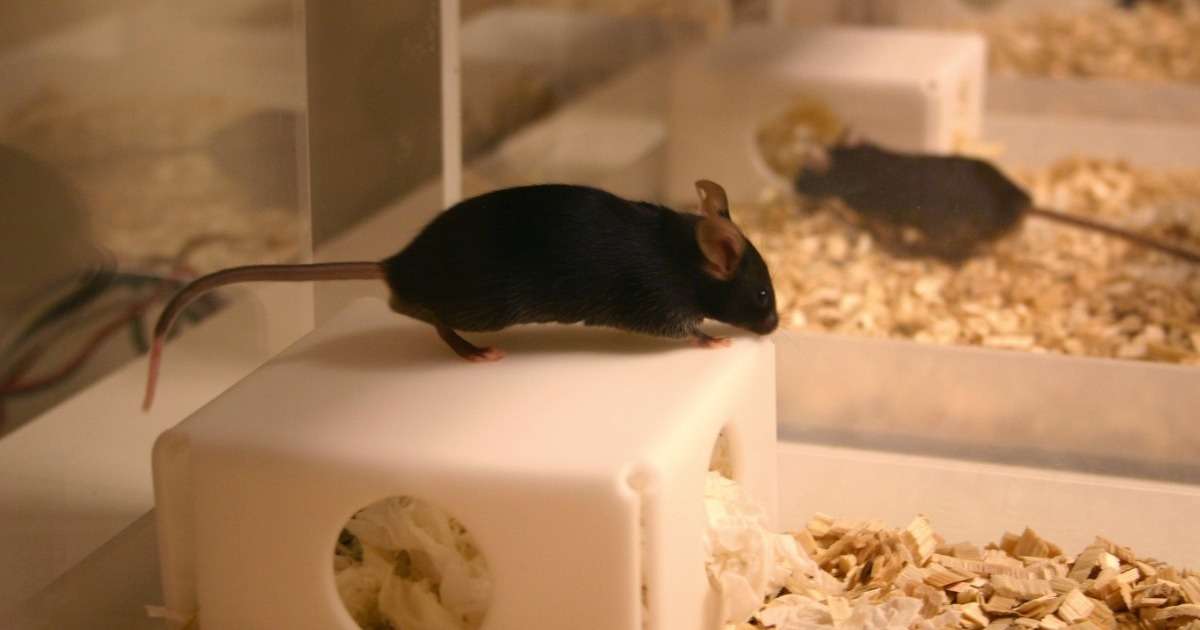
Scientific collaboration at its best: Home cage monitoring reviewed
The latest insights and views on home cage monitoring was reviewed by Grieco et al. A collaborative paper with an expert team on home cage behavior was published last week. This blog touches upon their findings!
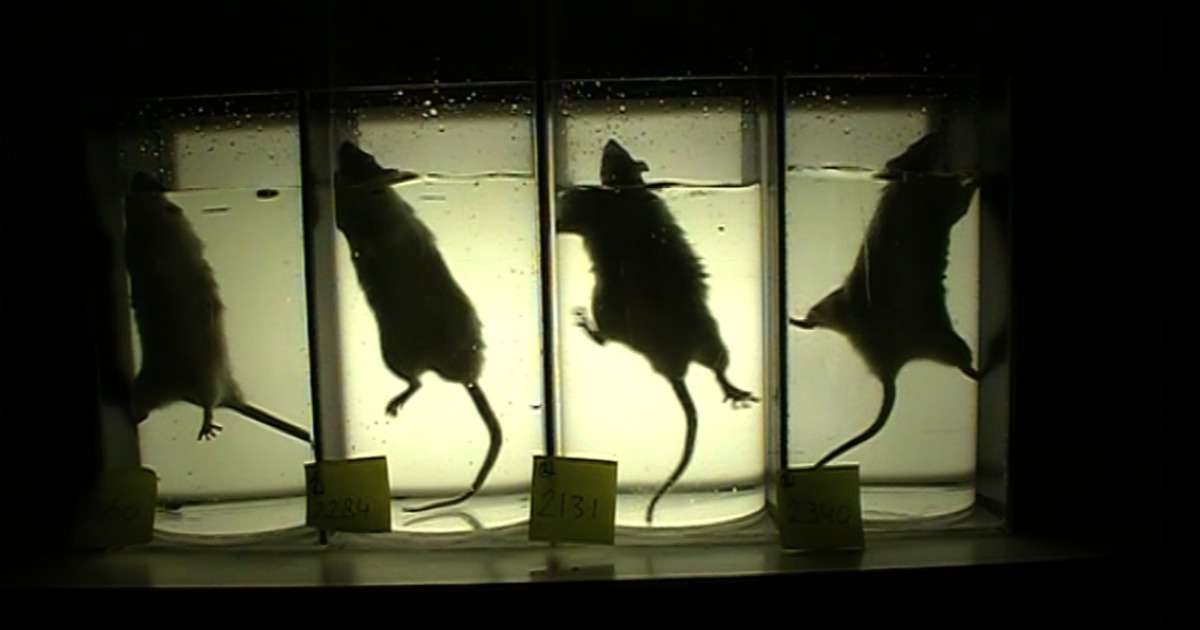
A critical view on the Forced swim test
The forced swim test (FST), a staple in depression research, has been under discussion for a while. What is the FST? How is it used? And why is it under discussion? Here we share our view on this topic

Sunshine and romance: ultraviolet light enhances sexual behavior
Ultraviolet B rays in sunshine enhances our romantic passion. How this actually works is still largely unknown. Research at the Tel Aviv University provides new insights.
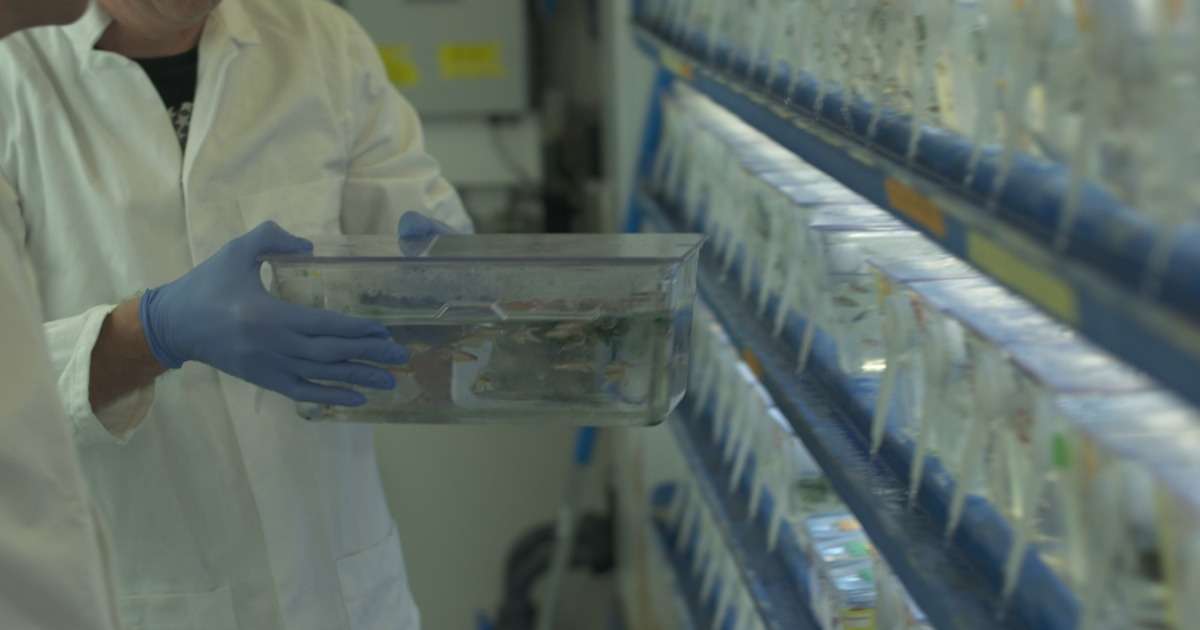
What is DanioVision? A brief insight in zebrafish tracking
In this blog we provide a quick refresh on the topic of zebrafish, and how DanioVision contributes to this field.
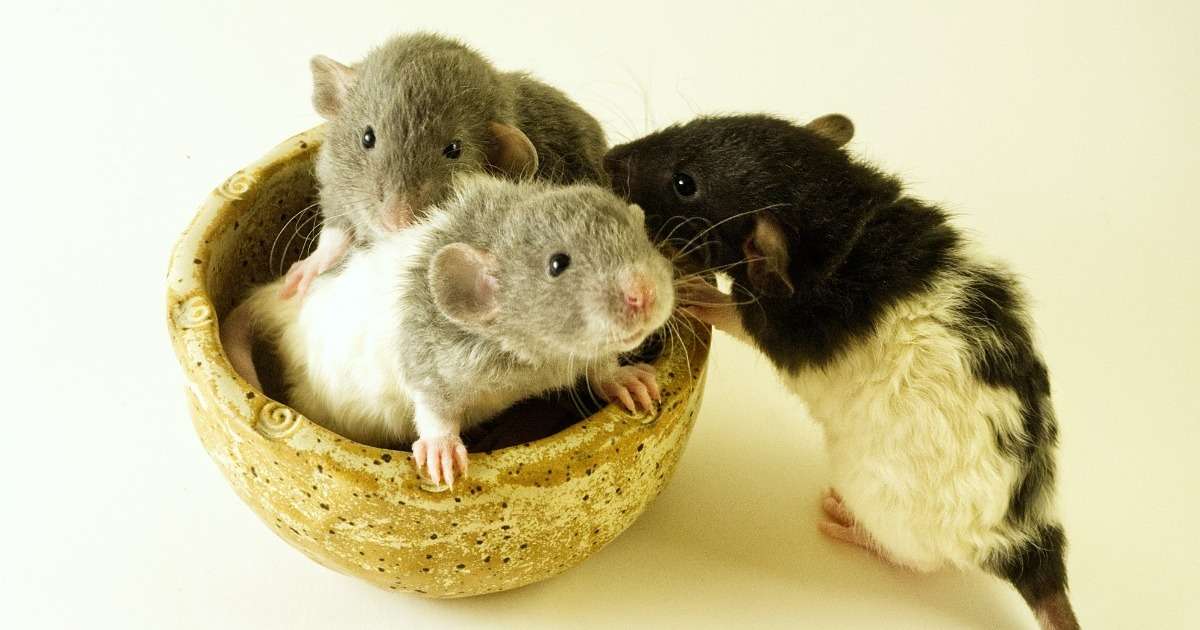
Altruism in rats, suspiciously human
A recent study by Bartal et al drove our curiousity to write this blog about altruistic behavior in rats. This study shows how this type of behavior is neurally linkend to the social functioning of humans.
